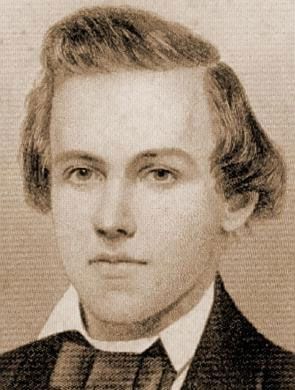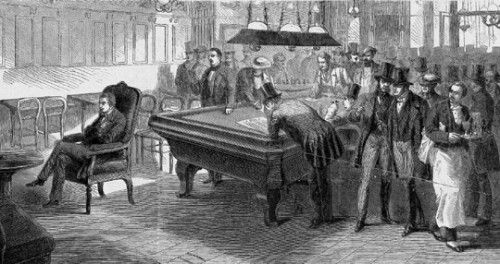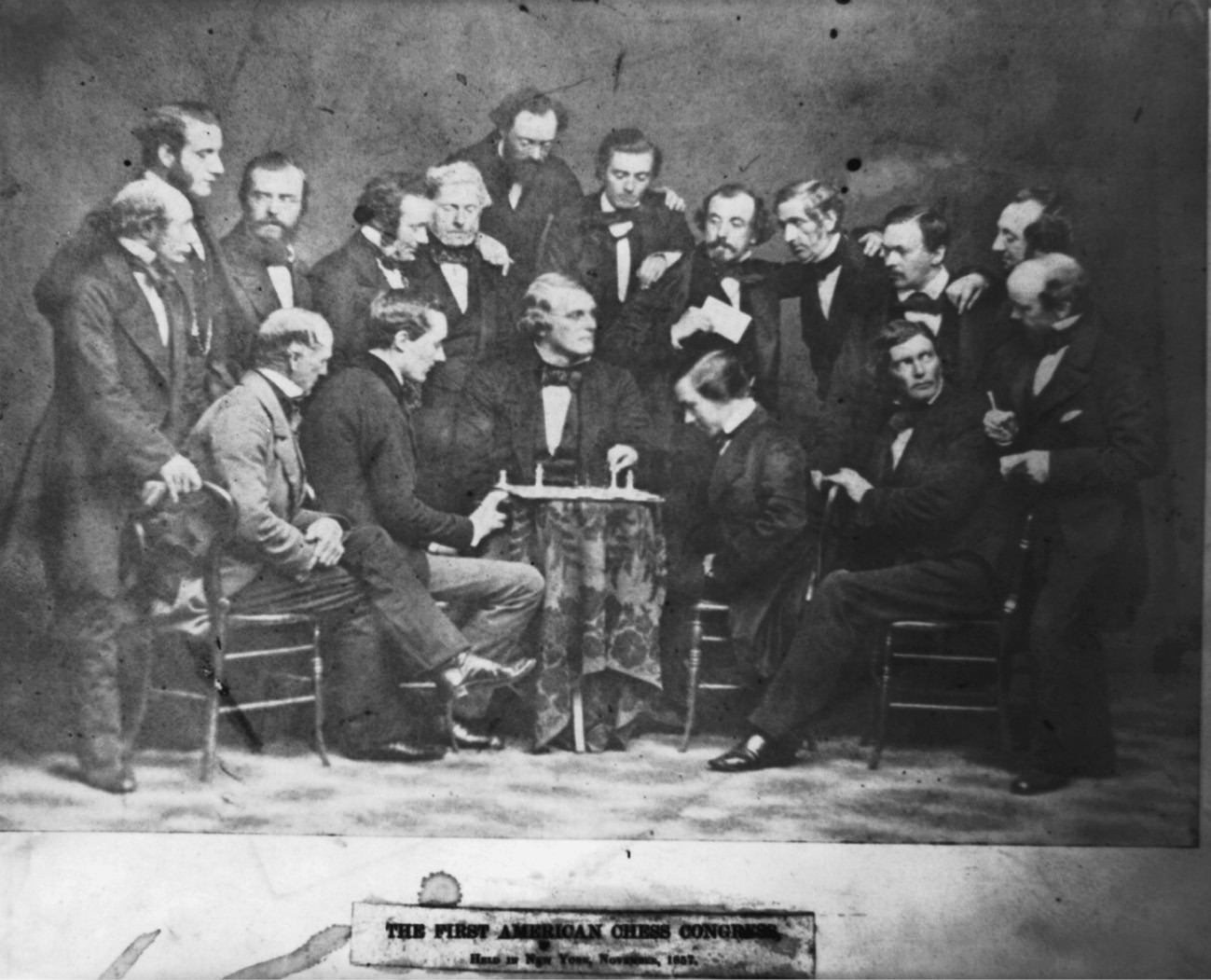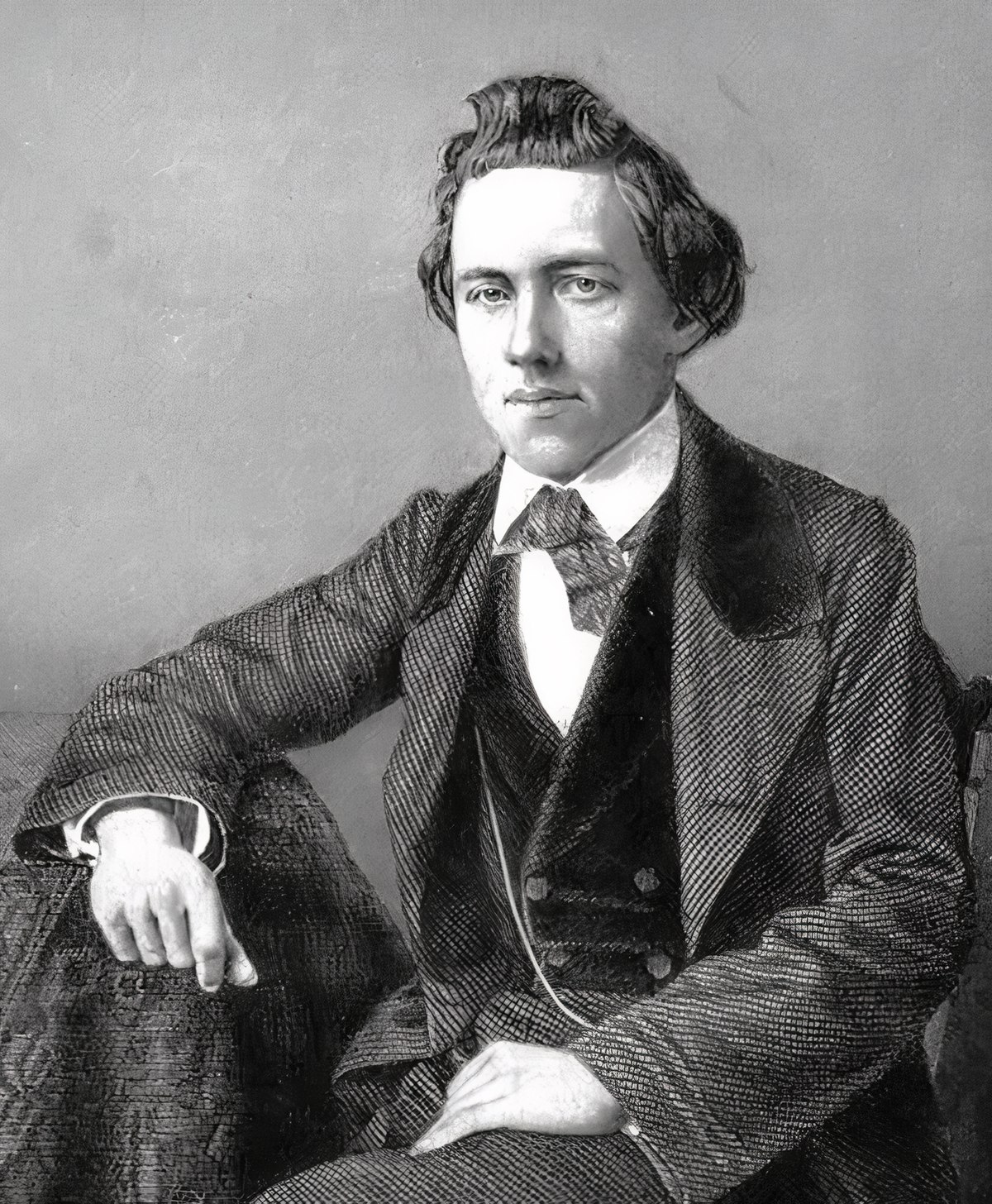
We at Unique NOLA Tours love to explore what makes New Orleans, well, Unique. For example, many folks don’t realize New Orleans was the home of one of the greatest chess players of all time.
Paul Morphy was a rich kid. His dad was a respected judge, and his mom a wonderful opera singer. Their home is Brennan’s Restaurant today. They still have his chess set upstairs. Chess set?
Paul’s father and his uncle played chess every Sunday afternoon, and at six years old he watched. After a few weeks, the child had seen a bunch of games, and at one game, according to his uncle, the grown-ups agreed to a draw. Paul reportedly declared to his uncle “You could have won that game.”
Perplexed, the uncle watched as the boy reset the board, replayed the game from memory, and continued to his uncle’s unseen victory. By the time he was eight, Paul Morphy was playing grown-ups. Blindfolded. Six at a time.
And he was winning all his games.

At nine years old, they sat him in front of Union General Winfield Scott. Scott was the south end of a northbound horse and fancied himself a chess master. Paul beat him in the first game. Scott threw a fit, claiming it was a trick, and insisted on a second game. Paul won in six moves. There was no third game.

At twelve, he defeated a real master: Hungarian Johann Lowenthal. Morphy won two and drew the third game. At fourteen, Paul started to study law. He got his degree when he was twenty, but you couldn’t get a law license until you were twenty-one, so Paul’s uncle encouraged him to go to New York to play chess. He did and went 87-8 with 5 draws.
He ventured to London, ostensibly to play the great Howard Staunton (look at boxes of chess pieces at the game store – they usually say “Staunton design.” That guy.) As Morphy crushed everybody in England, Staunton became less and less available, to the point that other masters were accusing him of ducking this wunderkind.
Absolutely shocked that any American knew how to play chess, Paris allowed Morphy to assault the gates of the Cafe de la Regence – the Yankee Stadium of chess in the 1850s. He faced the resident champ and annihilated him. He became an instant smash. Grandmasters flocked to Paris to face Paul Morphy. The Russian Prince Galitzine – who once hired Beethoven to write a couple of pieces – challenged Morphy. He had heard about the young man while in friggin’ Siberia.
Morphy returned to the US as a conquering hero. There were parades for him as he made his way back to New Orleans. Winslow Homer did a portrait of him for the cover of a national news magazine. At this point, chess was so simple for him he only played ‘at odds,’ in other words, he would ditch a rook and give his opponent the first move. He played the son of President Martin Van Buren, he met Longfellow and Oliver Wendell Holmes. And then, he quit playing chess.
He announced “The ability to play chess is the sign of a gentleman. The ability to play chess well is the sign of a wasted life.” And he returned to New Orleans to open his law firm. It failed.

His business failed because his family said he was lazy. Nonplussed, he lived on his dad’s dime, not working and not playing chess. At the age of 47, Paul Morphy died of a stroke in the bathtub.
Was Paul Morphy on the spectrum? Did he have Asperger Syndrome? Of course, there could never be absolute proof of such an idea; but there is enough to suppose without careening into reckless speculation. Many victims can seem despondent, or, in earlier times, ‘lazy.’

Chess in those days was an intimate affair – two guys at a table, maybe a dozen others watching. Now Paul comes home to thousands celebrating what might have appeared to him a horrifying reminder of his freakish nature. The above quote alone belies a discomfort with his ‘gift.’
The party line on his business failing is that clients didn’t want to talk law, they wanted to talk chess. Think of it: he’s desperately trying to adapt as a ‘normal’ man, and folks keep coming seemingly to him saying ‘Show us your seven fingers!” If the theory holds, Morphy must have been extremely confronted by such intense scrutiny.
He never married and some accounts paint him as tragically being left at the altar. But what if he was a handful? Famous and rich, he certainly would have been a catch. He may have been incapable of an intimate relationship. If there were any episodes, his family was rich enough to cover any unseemly incidents. He died relatively young. In a time that had absolutely no idea about developmental disorders, it would be a nightmare for him.
Today, there is an astounding amount of reports on the benefits of chess for autistic children and others who are afflicted. If Paul Morphy indeed had a form of Autism Spectrum Disorder, one can imagine both his “Rain Man” -type brilliance, and his silent suffering – with chess being the way he could occupy that amazing mind.
Tour Guide with Unique NOLA Tours and Author of books about New Orleans.